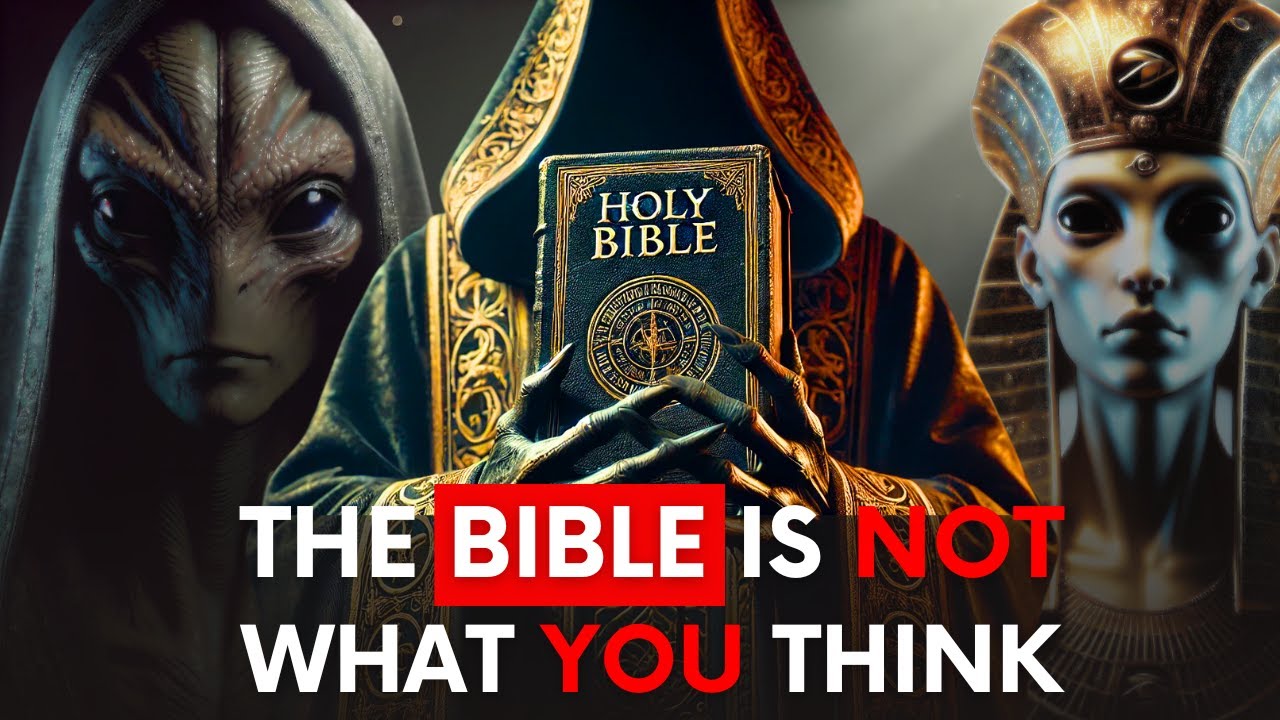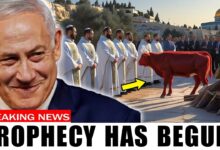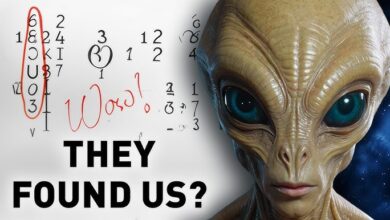A Scary Truth Hidden in the Bible | The Forbidden Knowledge of the Anunnaki

Stories from the Bible and other ancient texts, especially those related to entities known as the **Anunnaki**, who were involved in the creation of humanity and major events in history.
**1. The Bible and the prohibition of independent thought:**
– The author begins by criticizing traditional religious instruction, where people are told not to doubt or question the Bible. This rigid belief is said to be a way to control people’s thinking and not allow them to explore the undisclosed.
**2. Exploring the Elohim and the Anunnaki:**
– The author’s exploration of the biblical term **Elohim** – a word translated as “Lord” but actually a **plural** word, which can be understood as “Gods.” This leads to a connection with the word **Anunnaki**, a group of beings that, according to ancient Sumerian texts, had a great influence on the formation of humanity.
– The Elohim were not a single entity but a group of entities, which raises the question of whether the **Anunnaki** could have been non-divine beings but rather people from the cosmos, like the **Elohim** described in the Bible.
**3. The Library of Ashurbanipal and Archaeological Discoveries:**
– The author takes the reader through an archaeological excavation in **Mesopotamia** (modern-day Iraq), where clay bricks containing ancient characters, known as **cuneiform**, were deciphered in the 19th century. These texts began to reveal ancient stories of creation and major events such as the flood and the rule of kings who lived for thousands of years.
– These stories are not just ordinary stories but are like real events that happened long before the Bible was written, such as the **creation** of man and the **flood**.
**4. Stories about the gods in Sumer:**
– Ancient Sumerian stories (including the **Epic of Gilgamesh** and **Atrahasis**) describe the **Anunnaki** as entities with the ability to create and control the fate of humanity. In particular, in the **Epic of Gilgamesh**, there is the appearance of **Enki** and **Enlil** – two Anunnaki with different goals and intentions towards humanity.
– In which, **Enki** is the god who protects humanity, different from **Enlil** – the god who tends to punish and destroy humanity. One of the key events in these stories is the **great flood**, which has many similarities with the biblical story of **Noah’s Ark**, but with different details: while in the Bible, there is only one god who decides everything, in the ancient Sumerian epics, decisions are shared among the Anunnaki.
**5. The quest for immortality and the origin of mankind:**
– The stories of Gilgamesh also reveal a world where the Anunnaki are not only gods but also beings with superior knowledge of life and death. These stories are not simply myths but records of the true **history** of communication between humans and beings from the cosmos.
– In addition, the **creation of man** in Sumerian legends states that humans were not created in the image of gods, but rather as a labor tool created by the **Anunnaki** through the combination of their genes with primates, which is quite different from the way it is described in the Bible.
**6. Connections between the Bible and ancient Sumerian epics:**
– The story of **Cain and Abel** in the Bible may reflect the conflict between **Enki and Enlil** in Sumerian legends, where the two brothers had opposing ideas and methods of controlling and protecting humanity.
– The story of the **Tower of Babel** in the Bible also has similarities with stories in Sumerian texts, where alien beings (the Anunnaki) may have used superior technology to prevent humanity from developing too quickly and reaching goals beyond its control.
**7. The Importance of **Elohim** and **Anunnaki** in Re-Understanding History:**
– These historical accounts suggest that the stories we consider to be biblical may simply be **rehashed versions** of ancient events recorded by civilizations such as Sumer. The **Elohim** and **Anunnaki** may be different terms for the same group of extraterrestrial beings, and their relationship with humans may be much more complex than we imagine in traditional beliefs.
Sitchin’s narrative of the Anunnaki introduces the mysterious figure of Galzu, a messenger from the “Creator of All,” but the name doesn’t appear in the original Sumerian texts. This raises questions: was Sitchin wrong about the “Creator of All,” or is he hinting at a hidden truth? If beings like the Anunnaki shaped our origins, where is God? Is there a higher power, or have we mistaken advanced beings for gods? Ancient stories from cultures worldwide mention beings from the heavens intervening in human affairs. Are these beings the same as the Anunnaki, or part of something greater?
This question is central to humanity’s search for meaning. If the Anunnaki created us, could a higher force still exist that gave us consciousness and transcendence? Perhaps, as Sitchin suggests, there is a “Creator of All” beyond the Anunnaki, but why is this creator hidden? The ancient texts describe gods who are flawed, distant, and less than perfect.
The Anunnaki’s story is not just about the past—it’s about the present and the divine spark within us. If the divine essence lies within us, humanity isn’t just the product of genetic engineering; we carry the essence of the divine, possibly even the Anunnaki. This realization suggests that divinity is not something to seek externally, but to awaken within. The divine spark resides in all of us, as ancient traditions teach.
By reconnecting with this spark, humanity can transcend the limitations imposed by fear, division, and submission. What if the greatest fear of those in power is that we might awaken to our true potential? If we understood our origins and divine connection, the systems of control might collapse. The Anunnaki’s true gift was not their creations, but the divine spark they left within us.
Understanding this truth could lead to a revolution—one that challenges the systems that have kept humanity subjugated for millennia. The story of the Anunnaki isn’t just ancient history; it’s the story of humanity’s potential and the key to unlocking our future. The choice is yours: will you continue the search for truth? This is not just the story of the Anunnaki; it is your story.








